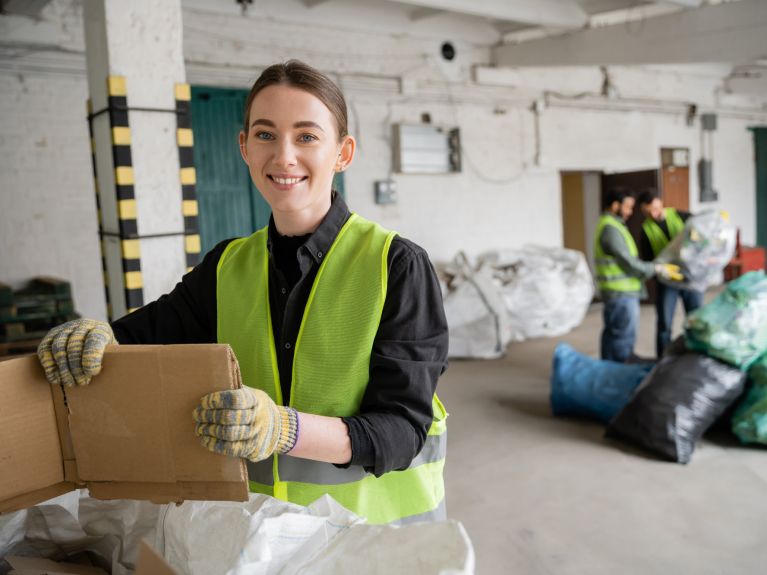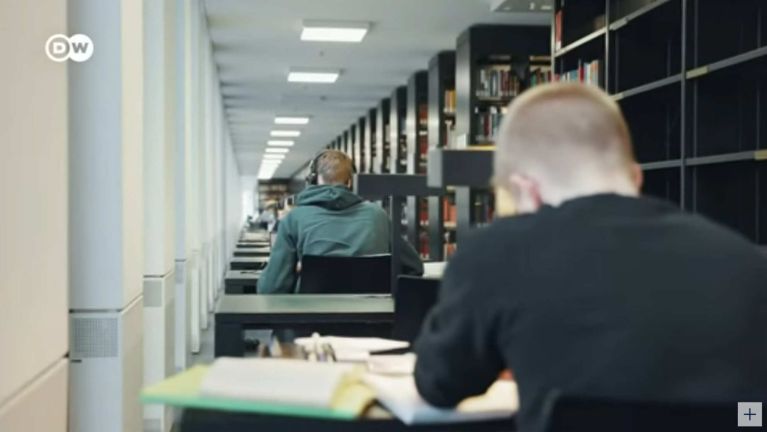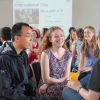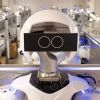A degree in cleaning up the environment
For a greener future: these three degree programmes in Germany focus on the sustainable use of resources.

Environmental protection and climate action start with the recycling of valuable materials and the correct handling of natural resources or contaminated sites. These degree programmes are designed to help in these areas.
Sustainable Resource Management: master’s degree at TU Munich
Soil, water and air: natural raw materials form the basis of our existence. The English-language master’s degree programme Sustainable Resource Management at TU Munich (TUM) enables students to develop strategies for the responsible use of resources – a prerequisite for meeting the United Nations’ SDGs.
Waste Management and Contaminated Sites: master’s degree at TU Dresden
Plastic packaging, waste paper and flat batteries belong in the bin, but not as waste – as valuable raw materials they can be recycled and reused. Anyone interested in working sustainably with resources, technologies for environmental cleanliness and climate action can train to become an environmental engineer at TU Dresden. Among other things, this degree programme deals with the importance of the circular economy in achieving a green future and increasing the efficiency of waste management facilities.
Environmental and Process Engineering: Bachelor of Engineering at University of Applied Sciences Düsseldorf
Economic efficiency and sustainability go hand in hand in environmental and process engineering. Material conversion processes are optimised here in order to conserve resources and avoid waste. The Bachelor of Engineering degree programme at the University of Applied Sciences Düsseldorf shows how production processes for foodstuffs, fertilisers, pharmaceuticals and plastics can be designed in an ecofriendly way. It includes both theoretical foundations and practical exercises in the laboratory.
Dieses YouTube-Video kann in einem neuen Tab abgespielt werden
YouTube öffnenThird party content
We use YouTube to embed content that may collect data about your activity. Please review the details and accept the service to see this content.
Open consent form


